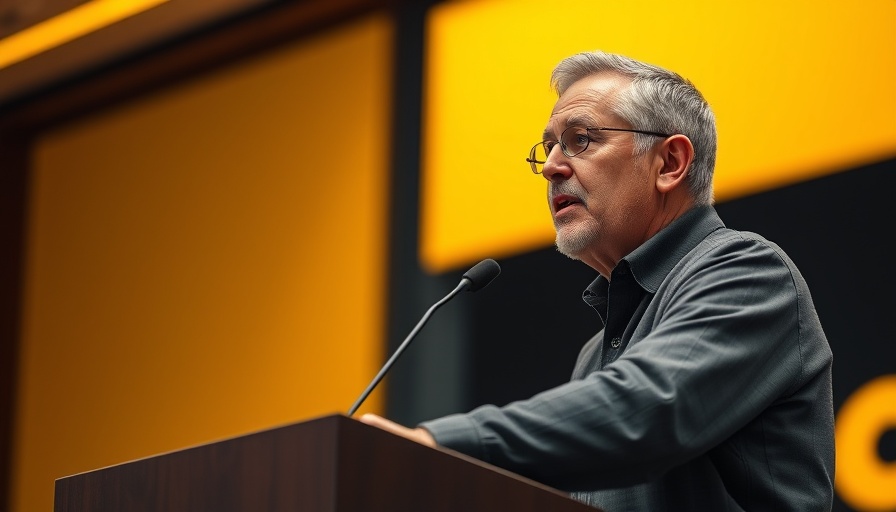
Understanding the Context of the National Dialogue
The National Dialogue has emerged as a crucial platform for political engagement in South Africa, particularly in light of rising tensions among opposition parties and the ruling African National Congress (ANC). ANC Secretary-General Fikile Mbalula recently asserted that the dialogue is not a tool for retaining power, but rather a collaborative effort initiated by civil society aimed at addressing contemporary issues facing the country. This political landscape reflects a broader trend of seeking unity amid a fragmented political environment, where parties like the Democratic Alliance (DA) and the Economic Freedom Fighters (EFF) have voiced concerns over governance and accountability.
Exploring Public Trust and Political Accountability
Public trust in political institutions is at an all-time low, prompting calls for transparency and accountability. The DA’s withdrawal from the National Dialogue underscores this sentiment, as they accuse President Cyril Ramaphosa's government of complacency towards corruption within its ranks while targeting perceived threats from opposition parties. Mbalula’s rebuttal indicates a complex tug-of-war where the ANC is trying to maintain its relevance and credibility amidst these criticisms.
The Coalition Politics of the Future
As South Africa approaches the 2024 general elections, political realignment seems inevitable. With the ANC's struggle to maintain its majority, the emergence of coalition politics could redefine how governance is approached. Efforts to align with civil society through initiatives like the National Dialogue may be perceived as a strategic move to consolidate support against fragmented opposition parties like the DA and EFF, raising questions about the effectiveness of such coalitions in ensuring meaningful change.
Comparative Perspectives: The Role of Civil Society
The participation of civil society groups in the National Dialogue is pivotal for a successful political discourse. The engagement of these organizations suggests that the issues at hand are not solely the responsibility of political parties but require a collective approach to governance reform. As highlighted by Mbalula, this inclusive process is crucial for addressing voter concerns and thus enhancing voter turnout in upcoming elections.
Looking Ahead: The Impact of National Dialogue on Service Delivery
Service delivery remains a pressing issue in South Africa, especially given the recent protests over inadequate infrastructure and resources. Policymakers are increasingly recognizing that dialogues focused on public services can pave the way for robust reforms. The National Dialogue presents an opportunity for community stakeholders to express their needs, which is essential for ensuring that government policies reflect the realities of everyday lives. This might catalyze discussions around significant reforms in education, health, and housing policies.
Counterarguments: Voices of Dissent within the Dialogue
While Mbalula dismisses claims that the ANC is using the dialogue as a power play, dissenting voices within and outside the ANC raise valid concerns regarding the sincerity of these discussions. Critics argue that unless there is a transparent process with tangible outcomes, the National Dialogue might risk becoming another mechanism for political rhetoric rather than genuine change. Balancing these perspectives is crucial in fostering respect and legitimacy in South Africa’s democratic process.
Final Thoughts: Ensuring Effective Governance
The evolving dialogue around South Africa's governance, particularly in light of accusations against the ANC's intentions, illuminates the intricate balance of power that governance entails. As the country gears up for future elections, focusing on accountability, transparency, and public engagement through platforms like the National Dialogue could significantly influence the political landscape. It remains imperative for all political actors to prioritize the interests of South Africans above partisan politics to achieve meaningful improvements that resonate with the citizenry.
 Add Row
Add Row  Add
Add 




Write A Comment